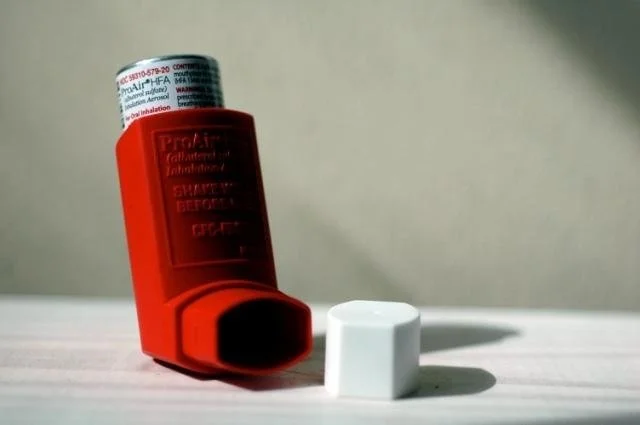Medications & the Environment
The World Health Organization has declared climate change as the greatest threat to human health in the 21st century. The healthcare sector, including pharmaceuticals, is one of the biggest contributors to global greenhouse gas emissions and has far-reaching environmental impacts.
This article discusses the environmental impact of medications and explains how deprescribing can help reduce this burden. That’s right: not only can deprescribing be beneficial for patients’ health or the longevity of healthcare systems... it can also be a sustainable practice!
Did You Know ?
The health care sector is responsible for approximately 5% of global greenhouse gas (GHG) emissions in Canada.
Medications account for 25% of the Canadian healthcare system’s GHG emissions, followed closely by hospitals (Eckelman et al. 2018).
In 2020, Canada had the second-highest per capita GHG emission rate of the 11 major emitting countries and regions (Government of Canada 2020).
The Environmental Impacts of Medications
Greenhouse gas emissions and global warming
The production of medications accounts for a significant proportion of the healthcare system's GHG emissions. Extracting and transporting raw materials, manufacturing, packaging, shipping and disposing of medications all contribute to these GHG emissions.
Some medications have a greater impact on GHG emissions. For example, certain inhalers used to treat lung diseases such as asthma (metered-dose inhalers) are responsible for 2% of GHG emissions in the Canadian healthcare sector (Association pulmonaire du Québec 2022). Some anesthetic gases used in hospitals are also highly polluting.
Water and soil contamination
Medications are primarily introduced into the environment through urine and stools produced by humans and animals who consume them. They can also end up in the environment when expired or unused medicines are mistakenly disposed of through sinks, toilets or garbage, instead of being returned to the pharmacy or an ecocenter. (INSPQ 2014).
As most water treatment plants are not designed to remove discarded medications, freshwater can sometimes be contaminated with traces of medications (OECD 2019). More than 600 different medications have been detected in water and soil around the world, and we know little about the impact this can have on ecosystems and the health of living beings (aus der Beek et al. 2016).
Impact on biodiversity
The active ingredients of medications can have an impact on the animal species that are exposed to them (OECD 2019). Below are specific instances where medications have affected animal species :
In South Asia, the veterinary use of the anti-inflammatory drug diclofenac in livestock farms has led to the death of almost all vultures in the region. These vultures fed on the carcasses of livestock (Oaks et al. 2004, Richards et al. 2017).
In Ontario, the exposure of certain fish species to estrogenic substances such as hormonal contraceptives has led to feminization of male fish in lakes, which disrupted reproduction and has led to the near extinction of certain species (Kidd et al. 2007).
How can deprescribing help ?
A UK study estimated that at least 10% of the total number of drugs prescribed in primary care are unnecessary (Department of Health & Social Care 2021).
It has been estimated that a 5% reduction in drug consumption in a hospital setting of 200 beds could lead to a reduction of over 100 tonnes of GHG emissions per year, which is equivalent to around 4,000 car trips of 100 kilometers (Sergeant et al. 2022, EPA 2023).
The unnecessary or inappropriate use of medications can be detrimental to patients as well as the environment. Medications travel a long way before being taken by patients, their trip from extraction to consumption spanning thousands of kilometers around the globe. This contributes to a significant consumption of resources and production of GHG emissions (Tao et al. 2023). Just imagine the impact that deprescribing could have on the planet!
An opportunity to make a difference: encouraging drug optimization, including deprescribing harmful or unnecessary medications, can help minimize their impact and harms to the environment. Deprescribing can improve patient health while reducing adverse events, waste and costs.
Check out our deprescribing resources for :
Other Useful Tools to Check Out & Share
Whether through deprescribing or other strategies, below are resources that can help clinicians and healthcare administrators reduce their ecological footprint :
-
This coalition has developed a toolkit for clinicians, containing tools and solutions for reducing the ecological footprint caused by medication use. Guides and webinars are also available for hospitals, long-term care facilities and pharmacies who wish to encourage the implementation of procedures to protect the environment.
-
CASCADES is a Canadian initiative that promotes the implementation of sustainable healthcare practices and policies in Canada. Guides for pharmacy, primary care and clinical specialties have been developed to help integrate key actions into clinical practice to minimize the environmental impact of healthcare.







